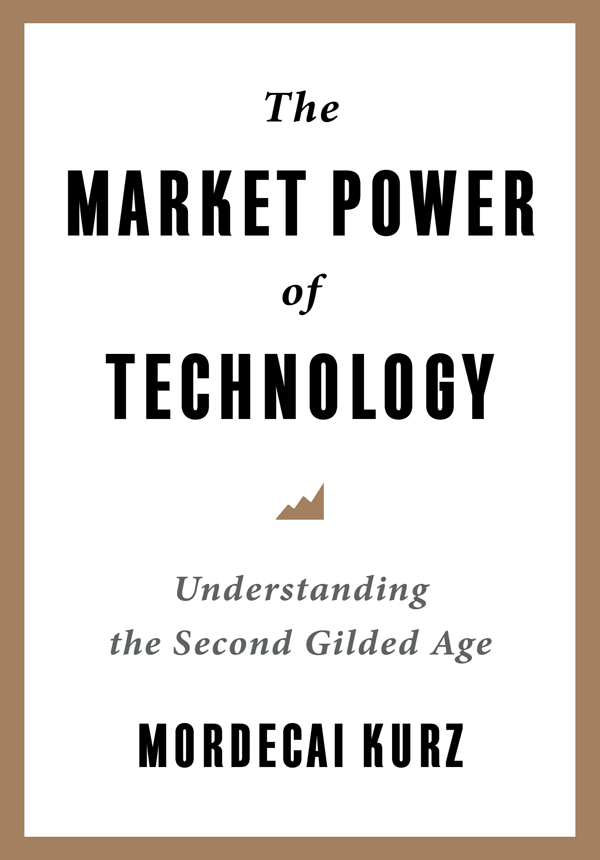

Most ebook files are in PDF format, so you can easily read them using various software such as Foxit Reader or directly on the Google Chrome browser.
Some ebook files are released by publishers in other formats such as .awz, .mobi, .epub, .fb2, etc. You may need to install specific software to read these formats on mobile/PC, such as Calibre.
Please read the tutorial at this link: https://ebookbell.com/faq
We offer FREE conversion to the popular formats you request; however, this may take some time. Therefore, right after payment, please email us, and we will try to provide the service as quickly as possible.
For some exceptional file formats or broken links (if any), please refrain from opening any disputes. Instead, email us first, and we will try to assist within a maximum of 6 hours.
EbookBell Team

4.7
96 reviewsSince the 1980s, the United States has regressed to a level of economic inequality not seen since the Gilded Age in the late nineteenth century. At the same time, technological innovation has transformed society, and a core priority of public policy has been promoting innovation. What is the relationship between economic inequality and technological change?
Mordecai Kurz develops a comprehensive integrated theory of the dynamics of market power and income inequality. He shows that technological innovations are not simply sources of growth and progress: they sow the seeds of market power. In a free market economy with intellectual property rights, firms' control over technology enables them to expand, attain monopoly power, and earn exorbitant profits. Competition among innovators does not eliminate market power because technological competition is different from standard competition; it results in only one or two winners. Kurz provides a pioneering analysis grounded on...
Since the 1980s, the United States has regressed to a level of economic inequality not seen since the Gilded Age in the late nineteenth century. At the same time, technological innovation has transformed society, and a core priority of public policy has been promoting innovation. What is the relationship between economic inequality and technological change? Mordecai Kurz develops a comprehensive integrated theory of the dynamics of market power and income inequality. He shows that technological innovations are not simply sources of growth and progress: they sow the seeds of market power. In a free market economy with intellectual property rights, firms’ control over technology enables them to expand, attain monopoly power, and earn exorbitant profits. Competition among innovators does not eliminate market power because technological competition is different from standard competition; it results in only one or two winners. Kurz provides a pioneering analysis grounded on quantifying technological market power and its effects on inequality, innovation, and economic growth. He outlines what causes market power to rise and fall and details its macroeconomic and distributional consequences. Kurz demonstrates that technological market power tends to rise, increasing inequality of income and wealth. Unchecked inequality threatens the foundations of democracy: public policy is the only counterbalancing force that can restrain corporate power, attain more egalitarian distribution of wealth, and make democracy compatible with capitalism. Presenting a new paradigm for understanding today’s vast inequalities, this book offers detailed proposals to redress them by restricting corporate mergers and acquisitions, reforming patent law, improving the balance of power in the labor market, increasing taxation, promoting upward mobility, and stabilizing the middle class.
Mordecai Kurz is Joan Kenney Professor of Economics Emeritus at Stanford University. His books include Public Investment, the Rate of Return, and Optimal Fiscal Policy (with Kenneth J. Arrow, 1970) and Endogenous Economic Fluctuations: Studies in the Theory of Rational Beliefs (1997), and he has published widely across many fields of economic theory.